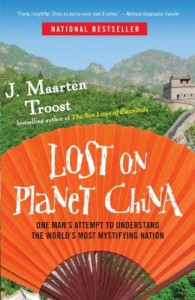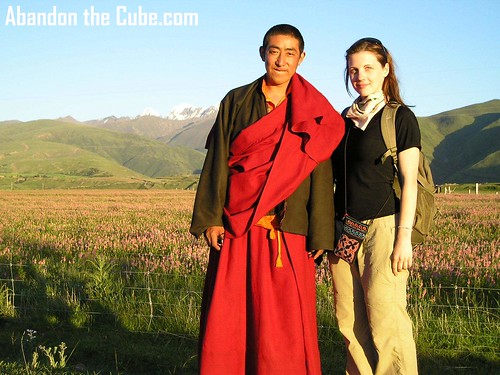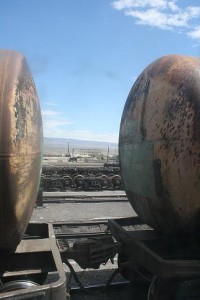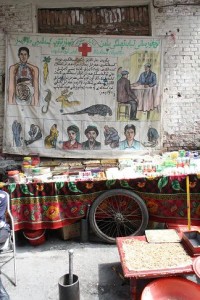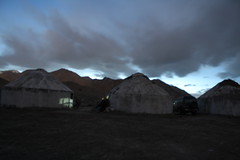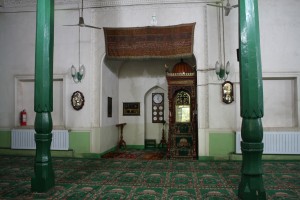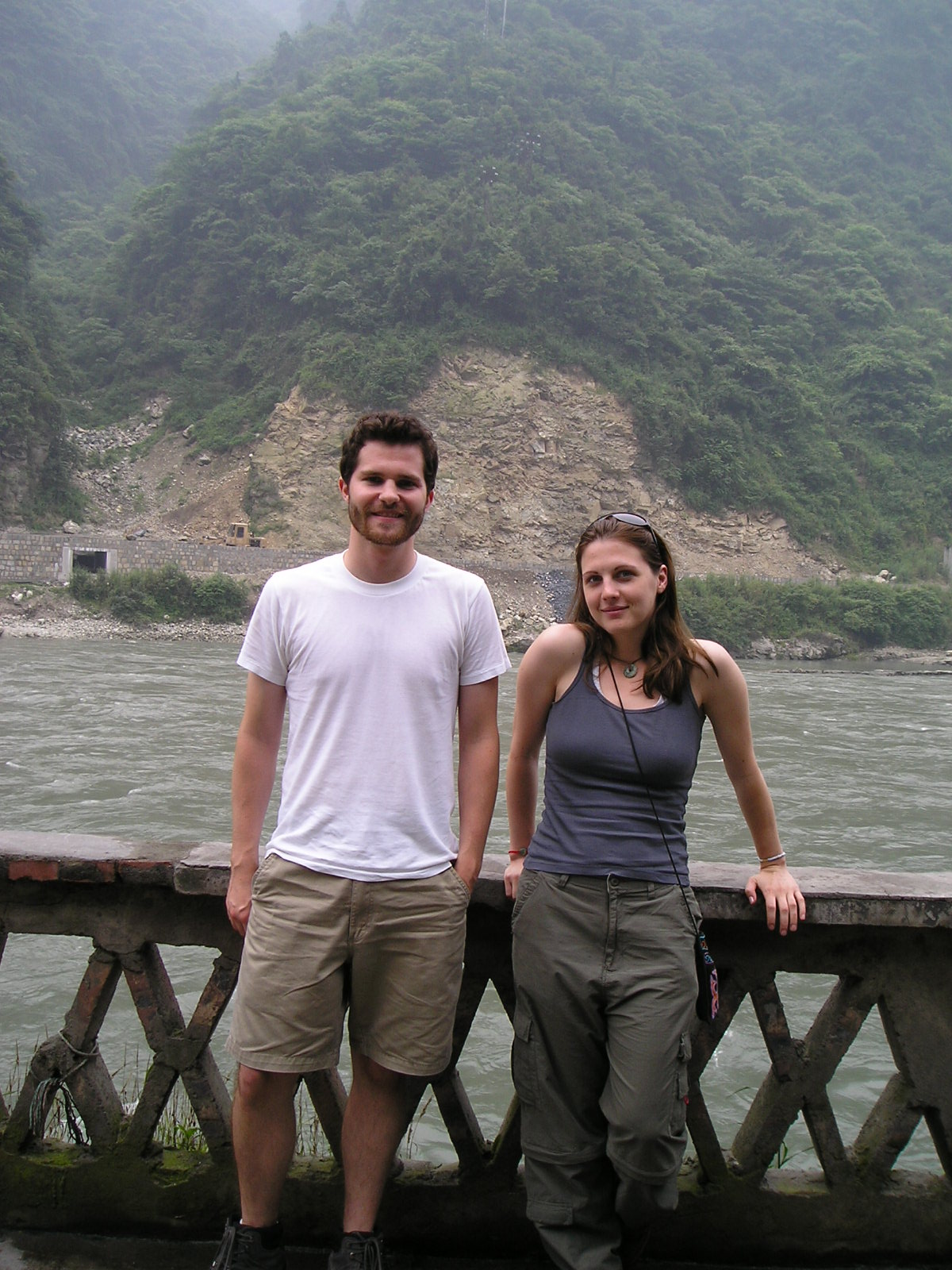Where To Go From Here
 With the 2010 Mongol Rally behind us, we found ourselves sitting at a restaurant in Ulaan Bataar, Mongolia, wondering where we should go. Should we head to Thailand, which was the original plan? Or should we hop on a train to China and see where the road takes us? It was hard to say, but after being on the road for a year and a half the idea of getting an apartment and relaxing in one spot for a while seemed more than enticing. It was just such a big decision that we decided to hop across the border and see how we felt.
With the 2010 Mongol Rally behind us, we found ourselves sitting at a restaurant in Ulaan Bataar, Mongolia, wondering where we should go. Should we head to Thailand, which was the original plan? Or should we hop on a train to China and see where the road takes us? It was hard to say, but after being on the road for a year and a half the idea of getting an apartment and relaxing in one spot for a while seemed more than enticing. It was just such a big decision that we decided to hop across the border and see how we felt.
We had previously met two American brothers, also on the rally, who were planning on heading down to Beijing. Likewise, the Irishman from our convoy was headed that direction and we had heard that several other teams had members heading towards China’s capital. It seemed like the place to be. We walked to the UB train station and discovered one cannot book a train ticket in advance. The American boys handed us some cash and we agreed to buy the tickets the next morning.
In the morning, we discovered you needed a passport to book your tickets, so we booked ours and gave the American’s their cash back. We hopped on the train that afternoon and settled into our crowded alley-way bunks. The Trans-Siberian train was not as impressive as one would think. The bunks were tiny, crowded and the luggage compartments were overflowing. You have to pay for sheets, and the entire train smelled of mold and dust. Despite this, it was great to be back on a locomotive and chugging along at a slow, relaxed pace. I didn’t even miss having the Saxo!
The train reached the small border town the following morning and we jumped off with our luggage and easily caught a bus across the border for a few dollars. Customs and immigration were a bit of a joke on the Mongolian side. The woman barely looked up when she stamped me out of the country along with several other people who had stuffed their passports threw her glass window at the same time. The Chinese customs and immigration were a bit trickier. I was held for a few minutes because the guards said I looked nothing like the photo in the passport. I told them all white people look alike, but they did’t laugh. Apparently I look different now than I did in 2002, and after living in a tiny car for 40 days, its no wonder I didn’t match my image. Eventually they let me through, but our bus had not waited and we were left stranded at the border crossing with our luggage, a mile or two from town.
We set off walking into town thinking it wasn’t a great start to possibly staying in China. But, just as I was grumbling about being left by our Mongolian bus driver, a Chinese driver in a van pulled over and picked us up and drove us to the train station for free. They were friendly and chatted with us the whole way. It was such a good feeling to be able to communicate again, having been useless in Mongolia on the communication front. They were so incredably friendly that they even invited us to their homes, which we declined in favor of catching the night bus to Beijing… but not before we had a breakfast beer at a Chinese chain restaurant we have always enjoyed in the past. Mike’s first epic Breakfast Beer picture in China!
 Sleeper buses seem to be specific to Asia. Essentially, everyone gets a bunk-bed sleeper compartment and the top-heavy bus rolls down the street swaying from side to side. It seems dangerous and unsteady, but if you want to sleep over the 12 hour drive it is worth the small upgrade. Our sleeper bus deposited us in the middle of Beijing at 3:00am on a Friday. We walked sleepily to a 24 hour McDonald’s to talk about our options. Where should we go from here?
Sleeper buses seem to be specific to Asia. Essentially, everyone gets a bunk-bed sleeper compartment and the top-heavy bus rolls down the street swaying from side to side. It seems dangerous and unsteady, but if you want to sleep over the 12 hour drive it is worth the small upgrade. Our sleeper bus deposited us in the middle of Beijing at 3:00am on a Friday. We walked sleepily to a 24 hour McDonald’s to talk about our options. Where should we go from here?
Tune in next time to find out what we decided…. or if we decided!











